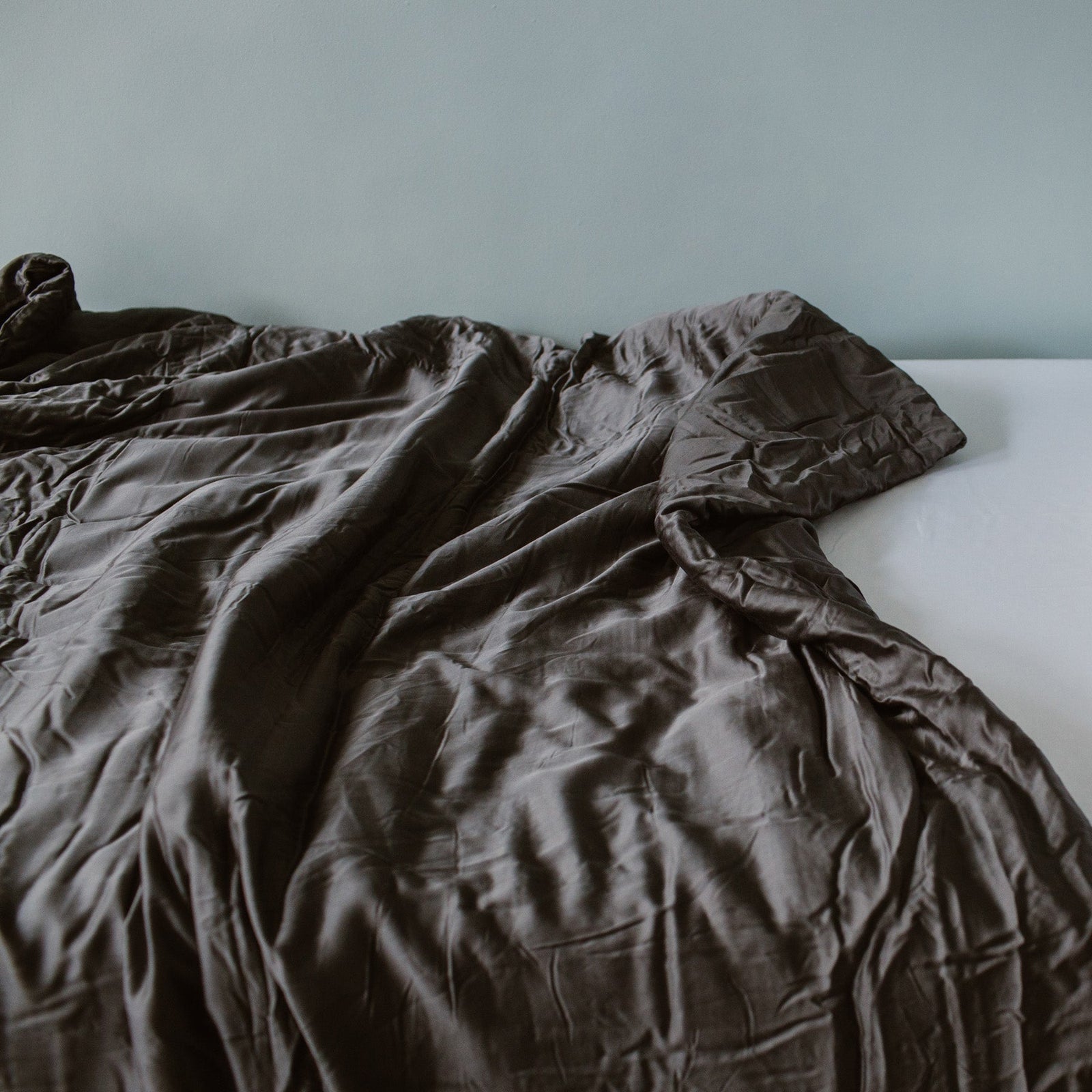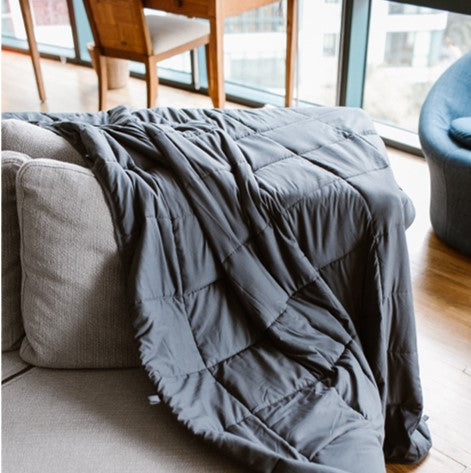FREE NATIONWIDE SHIPPING OVER PHP 1,500 | EASY RETURNS & EXCHANGES
Menu

bedding
blankets

Can sleeping in on the weekend make up for lost sleep?
April 30, 2019 - 3 min read
April 30, 2019 3 min read
Many of us don’t get enough sleep especially when we’re juggling our busy work schedules, family time, and the 'occasional' Netflix-binge. We’ve strained our eyes, sipped our coffee and quietly mumbled our battle-cry, "Sleep is for the weak” too many times to count. It’s no wonder that we’ve all said this at one point : "I’ll stay up late tonight then just catch up on sleep this weekend”.
But can our bodies really make up for the sleep that we’ve lost?But can our bodies really make up for the sleep that we’ve lost?But can our bodies really make up for the sleep that we’ve lost?

As much as we would like it to be, extending our weekend sleep does not make up for the lack of sleep during the weekdays. Although we can certainly make up for a portion of it, we still cannot take back all the hours that we lost. Moreover, our lack of sleep can even affect our day.
According to a study, even when you sleep an extra 10 hours to compensate for sleeping only 6 hours a night for up to two weeks, your reaction times and ability to focus is worse than if you had pulled an all-nighter. While extra weekend sleep does help reduce sleepiness in the morning, your ability to focus and pay attention will still be compromised. Another study concluded that lack of sleep for young adults can even lead to an increase in weight, among other negative effects such as: lack of concentration and reduced thinking ability.
Our Circadian Rhythm
The Circadian Rhythm is often referred to as the “body clock”. It is basically a 24 hour cycle that tells our bodies when to sleep, rise, eat, etc. When this is disrupted, our sleeping and eating patterns are affected. That’s why we sometimes feel sleepy in the middle of the day or experience being wide awake late at night.
On the other hand, our body clock works best when we have good sleeping habits. Of course, you won’t be able to change your sleep schedule overnight so it helps to make gradual adjustments. Move your bedtime 15 minutes earlier and stick with that for 1-2 weeks at a time. By working in 15 minute increments, your body will find it easier to adjust!
Here are some tips on how to get right on track to improving your quality of sleep:
1. Be Consistent
Choose the time to go to bed and the time to wake up. then stick to it. This will eventually help ease you into better sleep at night so you can wake up easily every morning.

2. Avoid Bright Lights and Keep Your Bedroom Dark
Exposure to artificial light before bedtime can hinder your body from producing melatonin, which signals your body to prepare for being awake.
You can limit your exposure to blue light by limiting your screen time after sunset. You can dim your lights or keep your bedroom dark to help you fall asleep.

3. Do not have long naps during the day
Most people feel refreshed after a short nap (of about 20 minutes) but any longer than that can leave you feeling groggy. It is important not to take these long naps within the day so it will not interfere with your bedtime.

4. Have a routine activity before going to bed
Having a relaxing bedtime ritual to help calm you down before you hit the hay. Taking 30 minutes or so to decelerate or meditate at the end of the day can do wonders. By repeating this regular routine, you can train your body and mind to unwind when you’re ready to sleep.

Also in Lifestyle

8 Essential Items Every Holiday Host Needs for Stress-Free 2025 Celebrations
January 05, 2026 5 min read
Read More
Why Weighted Blankets Are Essential for Your Holiday Sanctuary
January 05, 2026 5 min read
Read More









